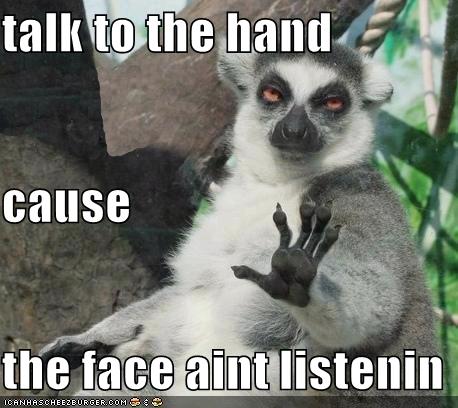Hi my friend,
At the risk of redundancy, how are you? I wonder how you’re faring with these days of whiplash and cacophony – it seems like dissonance is the new normal. A strange soundtrack to be sure.
I’m careening between indignation and disbelief; two sentiments I don’t deal with very well. In fact I’m trying very hard to make sense of the nonsensical, and failing miserably. When Alanis Morrisette penned the song ‘Ironic’, I nodded in time and agreement, amused at the creativity of the lyrics.
Not today though – today I have a backpack filled with the ridiculousness of these times. So with no rhyme or reason, I submit the following with the hope that I’m not alone…
1). Dear Senators Graham and Hawley – your hypocrisy is showing – sit the hell down. As much as I agree with the perspective that streaming services need to be more diligent in creating safer platforms for children, it offends me to hear you assert that the CEOs have “blood on their hands.” You’re kidding right? He who throws the first stone, gentlemen …where is the sound bite about the NRA? Isn’t the absence of measures to ensure that AK-47s are excluded from individual purchase irresponsible at best? Or, that background checks should be rigorous? Does the fact that the majority of gun owners support reasonable regulations mean anything? And yet you do nothing. Hmm, I guess that means that you too have blood on your hands – just sayin’…
Dear Boeing – seriously? A few of your newly constructed airplanes have passed quality control, albeit with a few missing or loosened bolts. They assure us that every plane has been re-inspected, honestly it doesn’t do much to allay concerns..
Dear Puxatawny Phil – go ahead and burrow yourself. All the spotlights on you ensure that a shadow will be seen. Hardly prescient, I’m afraid.
Dear Literate People – if you don’t feel exorcised by the systematic banning of books, then your silence becomes complicit. Banning the Bible? The Merriam-Webster dictionary? Choosing to remove undeniable facts about our country’s history – because a discrete few want to edit the past? When did ‘woke’ become an epithet? Anyway, if you want to see the ever-expanding list of classics, just Google it – and then consider that anything other than a passionate defense, isn’t a defense at all.
Dear Politicos – give me a break. You flood my inbox, asking for money for elections that will take place in various eligible states. First of all, my name isn’t my surname, and it’s ironic that you plead for contributions yet can’t get my name right. Just for grins, I tallied up the requests for $20.00 – no surprise it would do up to a healthy contribution. Is it wrong of me to want to hear a stump speech that reflects aspirational ideas instead of negative assurances? Just throw me a bone – let me know what the plan is (caveat – I won’t vote for any misogynistic sycophants, those who limit the rights of women, denigrate minorities with extreme self-righteousness – but if your platform is filled with what you won’t tolerate, tell me how you’d change it)
I could go on, but your attention is being tested, I’m sure…So much irony, so much I find enraging. And in the purest sense we are all here to share the walk home (thank you Rumi), to accept the responsibility of being accountable to and for each other, to marvel at our ability to affect people without a clue that we have done so and to accept the mantle of love, for at the end of the day, that is our common denominator.

Take good care, my friend – I’ll write again soon. With love, me











